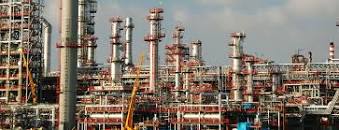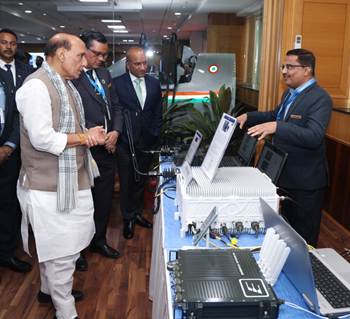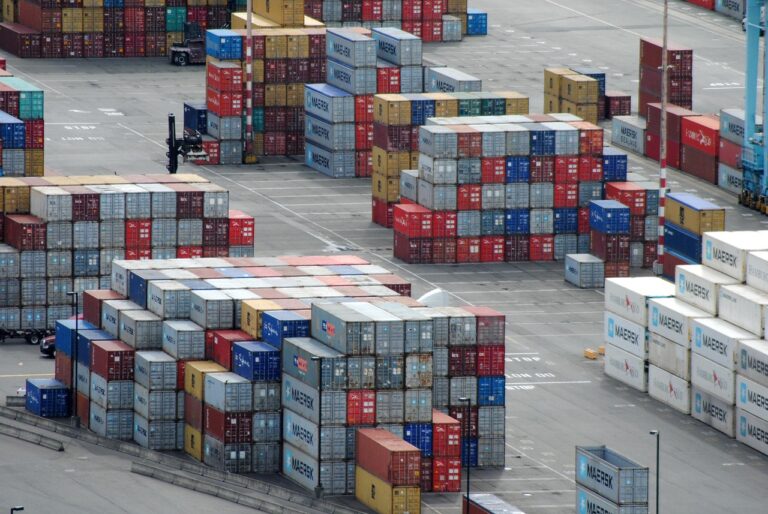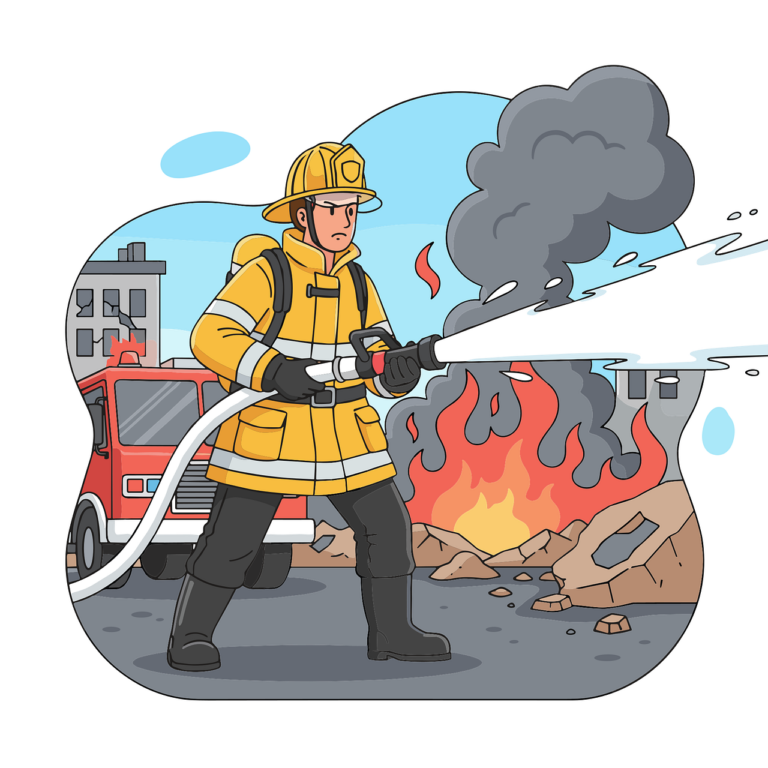
[the_ad_placement id=”adsense-in-feed”]
– globalbihari bureau
New Delhi: Union Ministry of Home Affairs (MHA) issued detailed guidelines for train and industries here on Monday.
So far as the guidelines for train passengers are concerned, movement of passengers at the railway station would be permitted only on confirmed e-ticket. There would be compulsory medical screening of all passengers. Only asymptomatic persons would be allowed to board the train. During the travel and at the railway stations, Strict adherence to Health/hygiene protocols and social distancing.
Also read: Train services to gradually resume from May 12
All passengers would be provided with hand sanitizer at entry and exit points at station and in coaches. Further, it would be ensured that all passengers wear face covers/ masks at entry and during travel. On arrival at their destination, the traveling passengers would have to adhere to such health protocols as are prescribed by the destination State.
[the_ad_placement id=”content-placement-after-3rd-paragraph”]
Movement of trains shall be permitted by Ministry of Railways (MoR), in a graded manner, in consultation with Ministry of Health & Family Welfare (MoHFW) and MHA.
As the lockdown is being gradually released in some zones, the MHA expressed concerns, particularly after the accident in Visakhapatnam, over the possibilities of gas and chemical leaks in manufacturing facilities.
Also read: Vizag gas tragedy is not the first such incident to take place there
When Lockout/Tagout procedures are not in place, many energy sources can prove to be hazardous to operators/supervisors who are servicing or maintaining electrical, mechanical or chemical equipment. When heavy machinery and equipment are not maintained periodically, they can become dangerous for the operators/engineers.
Combustible liquids, contained gaseous substances, open wires, conveyor belts and automated vehicles make manufacturing facilities a high-risk environment. Improper enforcement of safety codes and improperly labelled chemicals can further pose serious health hazards.
“Due to several weeks of lockdown and the closure of industrial units during the lockdown period, it is possible that some of the operators might not have followed the established Standard Operating Procedures (SOPs). As a result, some of the manufacturing facilities, pipelines, valves, etc. may have residual chemicals, which may pose risk. The same is true for the storage facilities with hazardous chemicals and flammable materials,” the MHA noted.
While issuing detailed guidelines under the Disaster Management Act, 2005, on restarting manufacturing industries after the lockdown period, it instructed state governments remain prepared to meet any mishap or accident.
“State Governments shall also ensure that the off-site disaster management plan of the respective Major Accidental Hazard (MAH) units are up to date and preparedness to implement them is high. It is also advised that all the responsible officers of the district shall ensure the Industrial On-Site Disaster Management Plans are also in place and cover Standard Operating Procedures for safe re-starting of the industries during & after COVID 19 lock down,” it stated.
The National Disaster Management Authority has issued –
1. Guidelines on Chemical Disasters, 2007
2. Guidelines on Management of Chemical (Terrorism) Disasters, 2009 and
3. Strengthening of Safety and Security for Transportation of POL Tankers,2010, which are relevant for chemical industries. The Manufacture, Storage and Import of Hazardous Chemical Rules, 1989 under Environment Protection Act, 1086 provide the statutory requirements for these industries.
In the meantime, MHA has written to all States/UTs pointing out that unhindered movement of all medical professionals is essential for meeting public health requirements and saving precious human lives. Any restriction on the movement of medical professionals and para-medical staff can lead to severe constraints in rendering COVID and non-COVID medical services, it adds.
In the view of above, the communication emphasizes that all State/ UT Governments should ensure smooth movement of all medical professionals, nurses, para medical, sanitation personnel and ambulances. This would help in rendering all COVID and non-COVID medical services to patients without any constraint. It was also stated that the inter-State movement of all above mentioned professionals may be facilitated by the States/Union Territories.
The MHA further emphasized that all private clinics, nursing homes and labs, with all their medical professional and staff, be allowed to open. “This would facilitate in catering to all patients, COVID and non-COVID emergencies, without any hindrance and relieve the burden on hospitals,” it stated.[the_ad_placement id=”sidebar-feed”]





